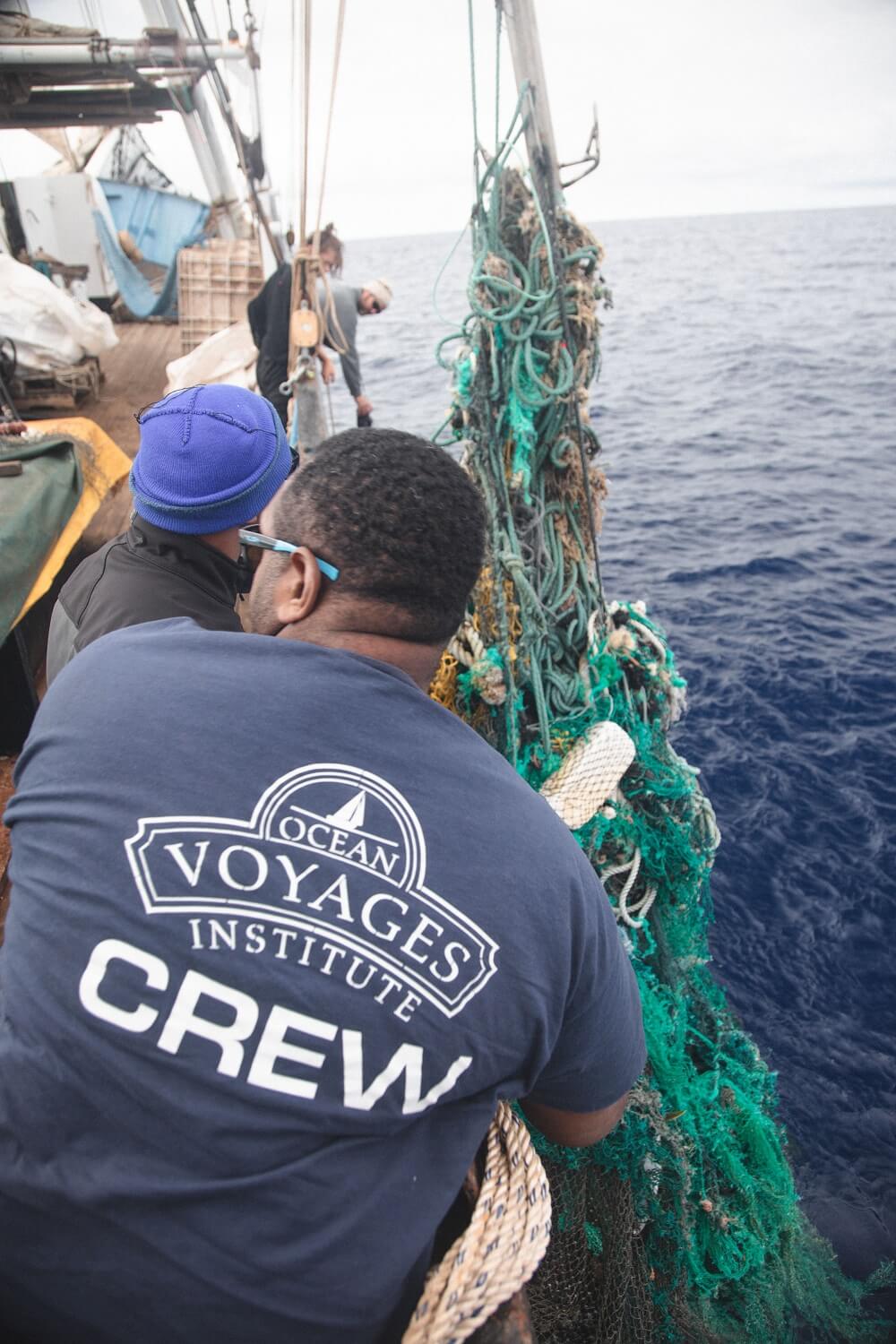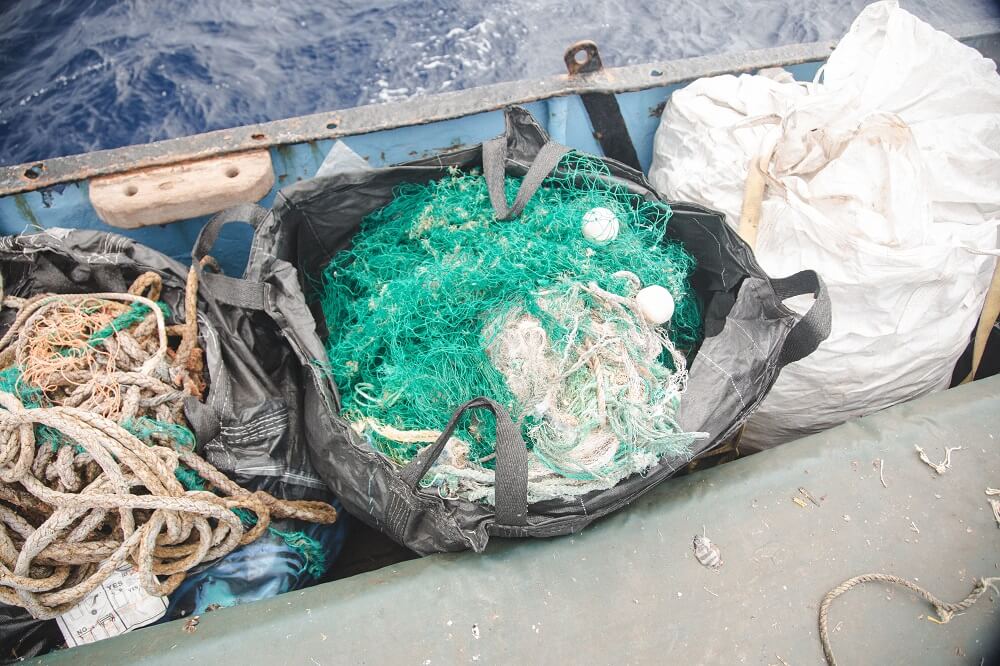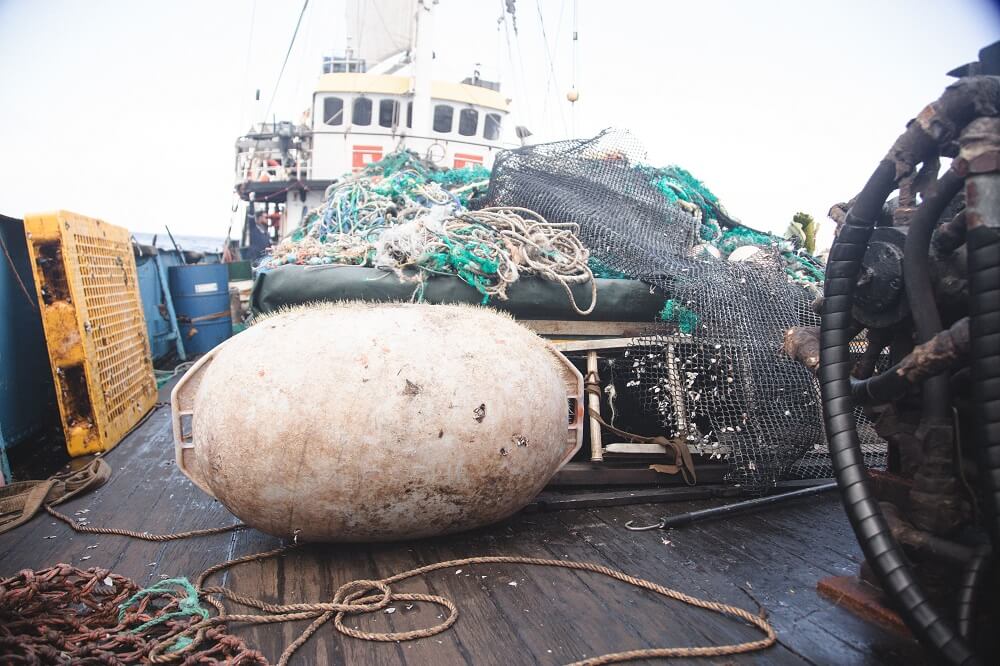The BIMCO Emission Trading Scheme Allowances Clause has been published with the aim of allowing owners and charterers to allocate responsibility for vessels complying with, inter alia, the EU’s emissions trading scheme (ETS). The application of the EU ETS to shipping is still under discussion but expected to take effect from either 1 January 2023 or 2024.
Further to our update of 31 May 2022, BIMCO’s Emission Trading Scheme Allowances Clause for Time Charter Parties 2022 has been published (the ETSA Clause). It is set out in full below and is available from BIMCO’s website along with its guidance notes.
The ETSA Clause has been drafted with the EU’s ETS specifically in mind, as it will likely be the first scheme that will apply to shipping. The clause will also be applicable to other schemes that take effect. There are several such schemes under development, for example, in China, Japan and the UK.
In this article, we build on our previous general commentary, outline the scope of the ETSA Clause and mention briefly some practical considerations for owners and charterers.
Scope
The ETSA Clause governs parties’ rights and obligations in relation to any applicable “Emission Scheme”, which is defined as a “greenhouse gas emissions trading scheme … imposed by applicable lawful authorities that regulate the issuance, allocation, trading or surrendering of Emission Allowances.”
The broad scope of the clause ought to ensure that it remains relevant as more schemes are implemented to target carbon emissions, but also any other greenhouses gases.
Rights and obligations
The application of an ETS to shipping will vary, and there are many different ways in which the compliance obligations could be imposed. Variables include – who is to report emissions to the ETS authority, how the reported data is to be verified, and who is responsible for purchasing and surrendering allowances. As an example, under some schemes a vessel manager may be responsible for measuring and reporting, in others it may be owners, and in another it may be the party making commercial decisions about the vessel’s employment, which, depending on definitions, could be owners, a pool manager, or the Charterer.
As there is no one solution to these questions, and the ETSA Clause is intended to be capable of broad application, it contains no general provision stating how the parties ought to comply with their individual obligations. Thus, it is likely that each party will have to comply with the regulations as imposed on them. Some parties may wish to include appropriate wording and expressly address circumstances where all or some of a party’s compliance may be outsourced to third parties.
Cooperation
Sub-clause (a) obliges the owner and charterer to “co-operate and exchange all relevant data and information in a timely manner to facilitate compliance with any applicable Emission Scheme and enable the Parties to calculate the amount of Emission Allowances in respect of the Vessel…”. The aim here is to ensure that no matter how an ETS is applied, one or the other party can comply.
Although “soft” types of obligations, such as a duty to “co-operate”, and “in a timely manner”, do not always help dispute resolution, their flexibility is necessary given the broad scope of the clause. As emissions trading schemes and reporting systems mature, and where perhaps a vessel is agreed to be traded only within certain known ETS areas, the parties may wish to include more specific annexes defining precise documentation and timeframes that may be required within those trading areas.

Source: GARD
Monitor and report emissions
Sub-clause (b) obliges owners to monitor and report the relevant data to an “independent verifier”. This assumes there will be an obligation on Owners to do this, which, as suggested by the BIMCO guidance notes, is likely influenced by the EU and the UK models. However, it may not be, in fact, applicable to all emissions trading schemes around the world. The parties may wish to consider revising the wording to a more general obligation to monitor and report the relevant data “as required by, and in accordance with, the applicable Emission Scheme.” with, potentially, a right to appoint jointly a neutral party to verify the data and/or the calculations.
Allowances
As BIMCO’s guidance notes explain, sub-clause (c) is the main provision concerning accounting for the emission allowances between the parties. There is an obligation on charterers to “provide and pay for the Emission Allowances…”. This is to be done by charterers making the transfer within 7 days of owners notifying charterers of the quantity of emission allowances for the previous month. The parties will therefore have to maintain their own separate accounts for the allowances. As expected, charterers are entitled to set-off in respect of any off-hire periods which, in the case of disputed off-hire periods, adds to owners’ overall credit risk.
Suspension for breaches
If Charterers fail to transfer “any of the Emission Allowances…” [emphasis added – noting lack of any express de minimis] as required by the clause, sub-clause (d) gives owners “the right to suspend the performance of any or all of their obligations…until such time as the Emission Allowances are received in full by the Owners…”. A safety mechanism against a wrongful suspension of service appears to be built into the 5 days’ notice that needs to be served on charterers prior to suspending. Nonetheless, in practice, suspending service of a vessel comes with risks – including potential claims under bills of lading and further exposure by owners to credit risk.
Some owners may wish to explore additional wordings where the emission allowances are to be put into an escrow account by charterers in advance based on reasonable pre-estimates or the quantity of Charterers’ bunkers on board. The escrow account could also be used to hold the emission allowances in the event of disputed off-hire periods, pending settlement, a judgment, or an arbitration award.
Conflicting provisions
Starting with the words “[n]otwithstanding any other provision in this Charter Party…”, the clause is designed to take priority over any other conflicting provisions.
In recent months, we have seen amendments being made to standard form charters and inclusion of references to reimbursement of charges, costs and/or fees that owners may incur in relation to compliance with environmental regulations as a result of charterers’ instructions. We can understand the aim of such clauses, particularly when charterparties were being agreed at a time with no standard published clauses to cover environmental costs. When using an ETS allowance clause, parties should ensure that the intended priority of any negotiated terms is made clear to avoid arguments over conflicting provisions.
ETS – EMISSION TRADING SCHEME ALLOWANCES CLAUSE FOR TIME CHARTER PARTIES 2022
Notwithstanding any other provision in this Charter Party, the Owners and the Charterers (the “Parties” and each individually a “Party”) agree as follows:
“Emission Allowances” means an allowance, credit, quota, permit or equivalent, representing a right of a vessel to emit a specified quantity of greenhouse gas emissions recognised by the Emission Scheme.
“Emission Scheme” means a greenhouse gas emissions trading scheme which for the purposes of this Clause shall include the European Union Emissions Trading System and any other similar systems imposed by applicable lawful authorities that regulate the issuance, allocation, trading or surrendering of Emission Allowances.
(a) The Owners and the Charterers shall co-operate and exchange all relevant data and information in a timely manner to facilitate compliance with any applicable Emission Scheme and enable the Parties to calculate the amount of Emission Allowances in respect of the Vessel that must be surrendered to the authorities of the applicable Emission Scheme for the period of the Charter Party.
(b) The Owners shall monitor and report the relevant greenhouse gas emissions of the Vessel for verification by an independent verifier in accordance with the applicable Emission Scheme.
(c) (i) Throughout the Charter Party period the Charterers shall provide and pay for the Emission Allowances corresponding to the Vessel’s emissions under the scope of the applicable Emission Scheme:
(1) Within the first seven (7) days of each month, the Owners shall notify the Charterers in writing of the quantity of Emission Allowances for the previous month; and
(2) No later than fourteen (14) days prior to the expected date of redelivery the Owners shall notify the Charterers in writing of the estimated quantity of Emission Allowances for the final month or part thereof.
(ii) The Owners’ notifications in subclause (c)(i) shall include the relevant calculations and the data used to establish the quantities.
(iii) Within seven (7) days of notification under subclause (c)(i), the quantity of Emission Allowances notified by the Owners above shall be transferred by the Charterers and received into the Owners’ nominated Emission Scheme account. If the estimated quantity of Emission Allowances for the final month or part thereof is higher or lower than the actual quantity calculated by the Owners as at the time and date of redelivery, any difference in Emission Allowances shall be transferred by the Charterers or returned by the Owners, as the case may be, and received into the nominated account of the receiving Party within seven (7) days of written notification from that Party.
(iv) During any period of off-hire, the Charterers shall have the right to offset against any Emission Allowances due or require the Owners to return a quantity of Emission Allowances equivalent to the emissions that the Charterers would otherwise have been responsible for, had the Vessel remained on hire.
(d) If the Charterers fail to transfer any of the Emission Allowances in accordance with subclause (c), the Owners shall, by giving the Charterers’ five (5) days’ notice, have the right to suspend the performance of any or all of their obligations under this Charter Party until such time as the Emission Allowances are received in full by the Owners. Throughout any period of suspended performance under this subclause, the Vessel shall remain on hire and the Owners shall have no responsibility whatsoever for any consequences arising out of the valid exercise of this right. The Owners’ right to suspend performance under this Clause shall be without prejudice to any other rights or claims they may have against the Charterers under this Charter Party.
Source: GARD









